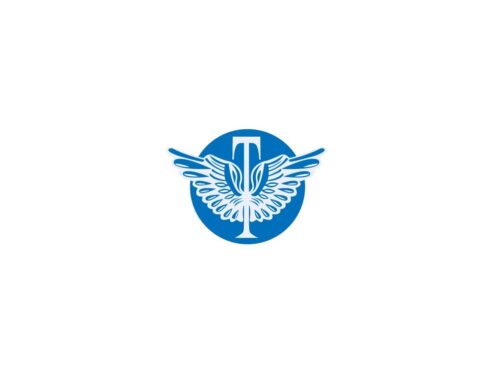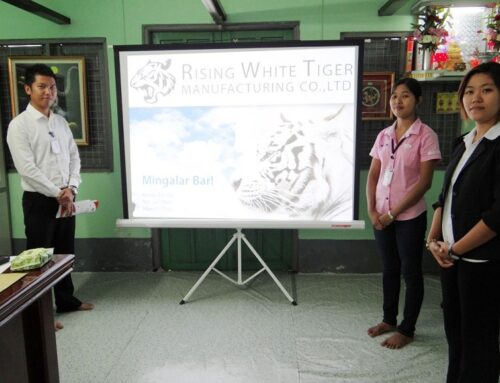
H.E. U Soe Thane, Union Minister, Coordinating Minister for Economic Development, Ministry for the President’s Office, discusses the country’s current priorities.
European Times: What are the tasks of the Office of the President?
H.E. U Soe Thane: We handle administration of Naypyidaw, coordination of this office with congress, coordination of various ministries, the peace process and national stability, private-sector development and economic policy, and coordination between the Union and regional governments.
European Times: What is the state of Myanmar’s relationship with the EU?
H.E. U Soe Thane: Since Myanmar opened up, we have been strengthening our EU ties. In January 2012 I met the EU delegation in Davos, Switzerland to initiate the lifting of sanctions and discuss General System of Preference concerns, and in November Myanmar I welcomed a EU delegation. The EU now trusts our present government and truly understands what is happening in Myanmar.
European Times: What are the main challenges Myanmar faces?
H.E. U Soe Thane: One challenge is that people do not understand that we cannot adopt European standards overnight. We need to improve government, develop infrastructure, improve the financial sector, achieve peace, control corruption and find sources of financing, but our main challenge is capacity-building.
European Times: How can Europe help Myanmar meet these challenges?
H.E. U Soe Thane: Myanmar needs financial, investment, human and institutional capital. We need to focus on attracting all of these forms of capital. European investors need to know that Myanmar has changed for the better and welcomes their support. We are currently trying to streamline bureaucracy and get rid of bad habits that have been a result of decades of military rule. We are working hard to empower decision-making, innovation and dialogue.
European Times: Why should investors target Myanmar?
H.E. U Soe Thane: This is a resource-rich country, we have an immense workforce of over 60 million people, and we share borders with two of the most populous economies in the world. Myanmar’s new Foreign Investment Law provides great incentives, including five-year tax holidays and many options for full or joint ownership in many sectors. There is a great potential here in Myanmar, but if you are not willing to take risks, you will not be successful. At this time, we can only accept investments in low-cost, labour-intensive and agro-based industries. By the end of 2014, Myanmar will be able to begin to provide the infrastructure for high-end investments and knowledge-based industries. Agriculture and food-processing, SMEs, tourism and ICT have particularly strong investment prospects.





